Review
Engrossing questions throng science writer Sue Armstrong’s round-up of research on the biology of ageing. A rich, timely study for the era of ‘global ageing’. (Nature).
A fine introduction to the research and controversies about how we age. (Times Literary Supplement).
Armstrong, a British science and health writer, presents, in crack Michael Lewis style, the high points of ageing research along with capsule biographies of the main players. (The New Yorker).
Complex, nuanced and cautious, yet it suggests we are on the brink of a revolution. (The Sunday Times).
Ms Armstrong doesn’t pretend that there is any one answer to the question of why we age as we do. The science she presents is a grab bag of divergent theories. Each championed by a scientific subspecialty. (Wall Street Journal).
As a seventy-five-year-old man I felt oddly rejuvenated by this book. Try it yourself! (Professor Steve Jones).
Sue Armstrong’s book humanely tackles ageing in a way that is grounded, philosophical. And makes the most complex science accessible to lay people like me. While not dangling false hopes of innovatory medical cures. it is full of hope about the strides being made in gerontology and pharmacology. And while I may be getting older, the vigour of this book is life-enhancing. (Claire Fox, Director of the Academy of Ideas. Also panellist on BBC Radio 4’s The Moral Maze).
Authoritative, comprehensible and fun to read. The book ageing research has been waiting for. (Richard Faragher, Professor of Biogerontology at the University of Brighton).
Borrowed Time gives a wonderful overview of the fast-evolving science of longevity. I thoroughly recommend this book as a primer on what will become a key industry in the next two decades. Or so. (Jim Mellon, Chairman, Juvenescence Ltd.)..
Book Description
Uncovering the science behind how and why we age.



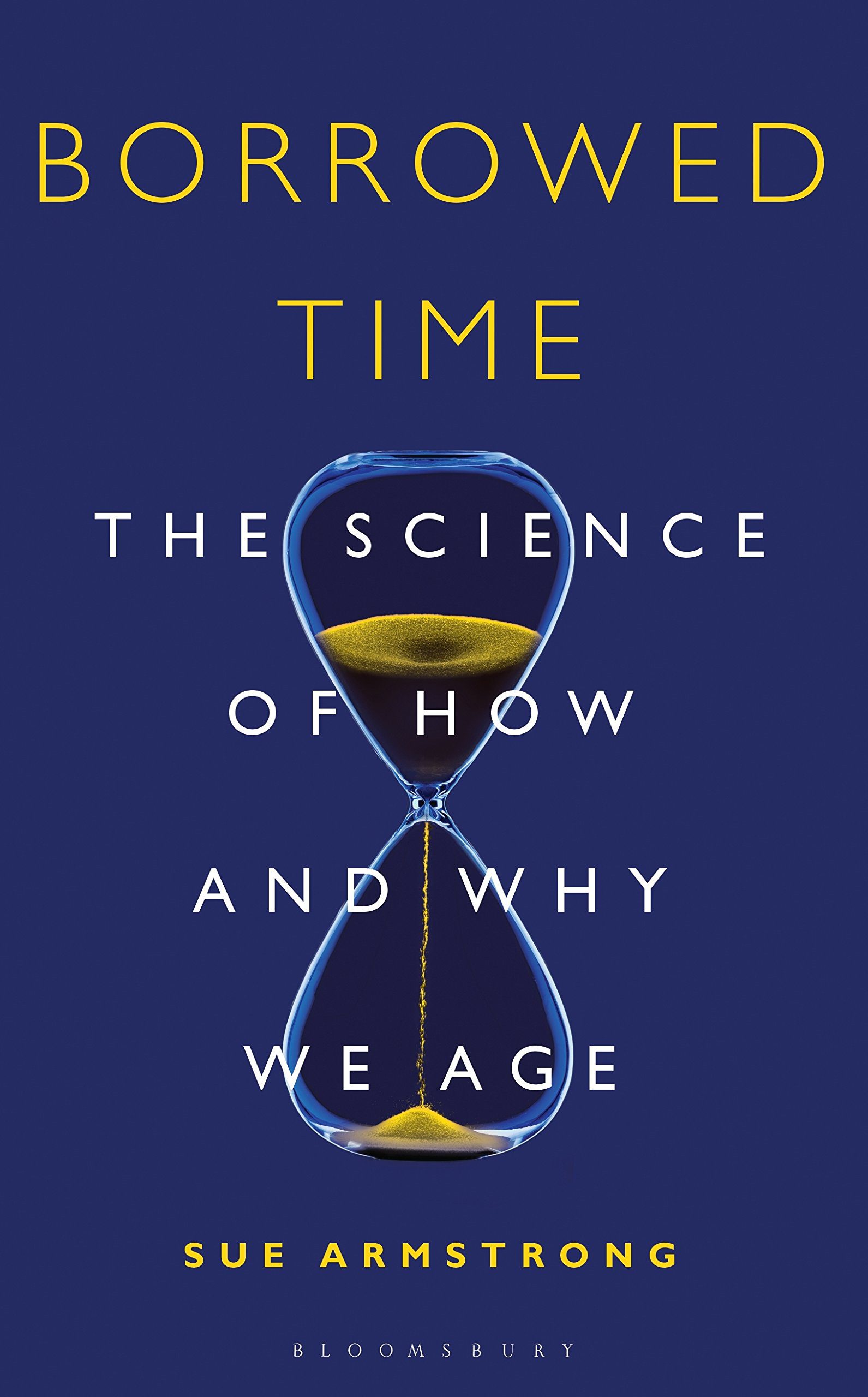
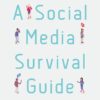


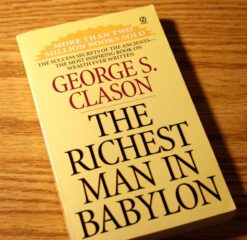
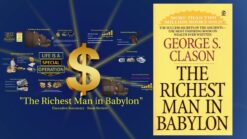
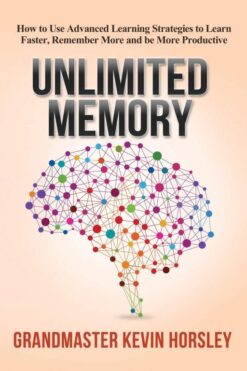
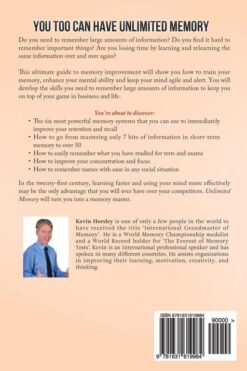
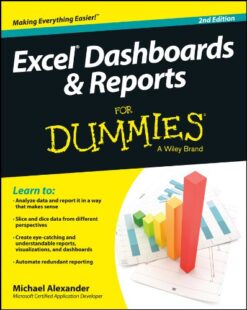
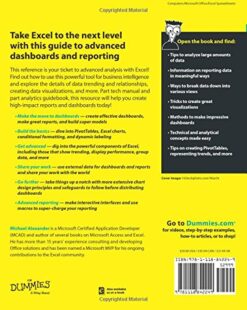
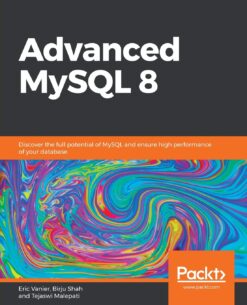
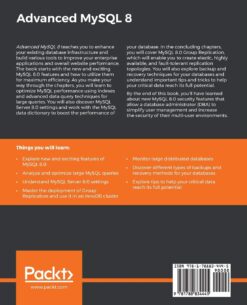
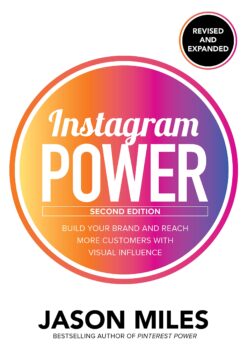



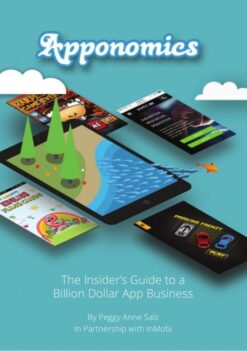
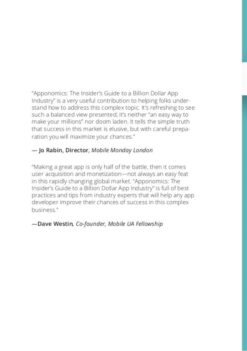
Reviews
There are no reviews yet.